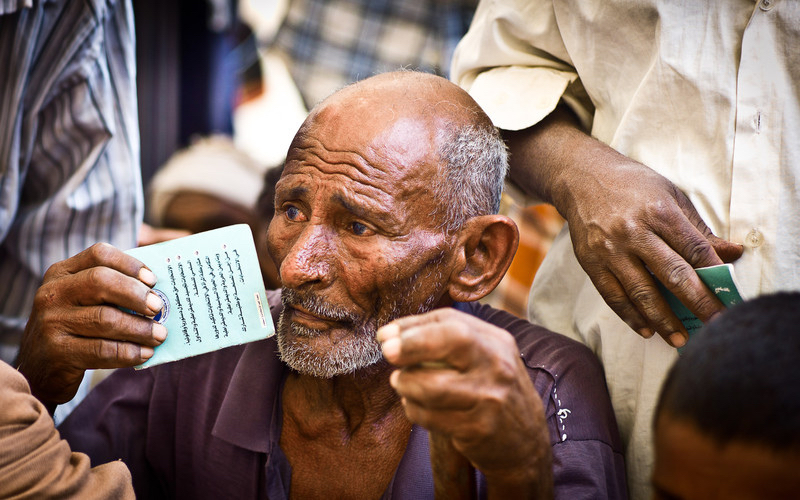The situation in Yemen is catastrophic. Yet, we hear very little about this situation in the western media and not many people know much about the millions of Yemenis starving and dying because of the constant drone strikes by Saudi Arabia, the United States, the Gulf states, and the United Kingdom. When the conflict in Yemen began in March of 2015, Great Britain had sold over 3 billion pounds of arms to Saudi Arabia and had sold over 2 billion pounds of warplanes, helicopters, and drones to infiltrate the situation in Yemen. Due to British nuclear aide, Saudi Arabia has twice as many warplanes as the British Royal Airforce. The question of Britain’s arms sales to Saudi Arabia has been raised in parliament, for example by the Scottish National Party and the Labor Party. United Nations Aide Chief Stephen O’Brien has stated that “a child under the age of 10 [is] dying every 10 minutes of preventable causes.” Also, Yemen is the poorest country in the Middle East, with a GDP below $2,000.
A Saudi-led coalition has been conducting airstrikes in Yemen for almost two years dating back to March, 2015. The Saudi coalition’s shutting down of Sanaa Airport has disrupted the flow of medicine and humanitarian aid trying to reach Yemen and the amount of wheat could run out because foreign banks cannot accept financial transactions. A large number of bombs and drones have been utilized by the Saudi air force and a number of innocent civilians have been killed in Yemen by a large number of British and American built planes with pilots trained by British and American instructors. Also, British arms sales to Saudi Arabia could be in violation of UK law. If any arms are intended to breach a campaign on innocent civilians, then you cannot allow these arms sales to go through.
There have been numerous accounts of hospital and school bombings but the governments of Saudi Arabia, the United States and the United Kingdom refuse to investigate the risks of selling arms that reduce humanitarian efforts to access Yemen and allow for diplomacy to set in. Yet, many of the western powers and Saudi Arabia are not held accountable for violating international law in the poor Middle East country.
Famine has become a serious problem in the already poor Arabian Peninsula country. According to the humanitarian organization Save the Children, parents are making wages of only $3 a day, 51 out of 1,000 children have died before their 5th birthday, and girls only stay in school for an average of 9 years. Also, around 80% of the Yemeni population is in need of humanitarian aid, and around 10 million children are on the brink of starvation. The bombing raids of hospitals, schools, and homes has taken the lives of many innocent civilians including women and children. Children used to go out and play with their friends, but now they are afraid to do so. Yemenis hate the sound of Saudi, British, and American warplanes flying over their land and many Yemeni citizens are constantly risking death every day.
According to Mark Kaye, a Humanitarian Advocacy Advisor, Yemen is now facing the world’s biggest famine crisis. “It’s the largest humanitarian crisis in the world right now, 18 million people in need of humanitarian assistance [and] I think there is a problem with the amount of coverage that is coming out of Yemen [for] people really to see the human impact of this war.”
Over a dozen Yemeni civilians and an American service member have already been killed in a U.S. operation against Al-Qaeda militants in Yemen. The U.S. Central Command (CENTCOM) has released an immediate statement calling the incident a saddened loss, and “an estimated 14 AQAP members were killed and the capture of information that will likely provide insight into the planning of future terror plots.” In addition, U.S. CENTCOM called the operation “one in a series of aggressive moves against terrorist planners in Yemen and worldwide. Similar operations have produced intelligence on al-Qa’ida logistics, recruiting and financing efforts.”

 Wolfgang Gressmann/Oxfam
Wolfgang Gressmann/Oxfam



